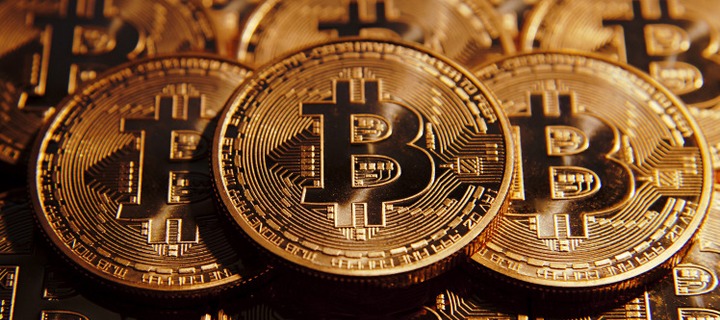Bitcoin: An Investment?

Recently, the Central Bank of Nigeria (CBN) released a Public Notice dated January 18, 2017, giving a cautionary note to the public on Virtual Currency Operations (such as the Bitcoin). It stated that these currencies were not a legal tender in Nigeria and carry great risk, being largely untraceable and anonymous.
The Bitcoin is a type of digital currency used as a means of exchange for goods and services rendered. Satoshi Nakamoto published its invention on the 31st of October 2008, calling it a Peer-to-Peer Electronic Cash System. The idea was to produce a currency independent of any central authority and transferable electronically, more or less instantly with very low transaction fees. Unlike government issued money that can be inflated, the supply of the Bitcoin is mathematically limited to twenty-one million Bitcoins. No single government, corporation, or nation controls Bitcoin.
Bitcoin in USA
The United States Treasury categorizes Bitcoin as a decentralized virtual currency. Since its start in 2009, Bitcoin has provided an alternative to traditional government-issued money. The value of one Bitcoin to a dollar is almost $700 and to Naira is almost N30, 000. There are Bitcoin ATMs present in major countries all over the world like in the United States, United Kingdom, Canada, Spain, Finland, Austria, Czech Republic, Switzerland, Australia and Japan. Africa has 0.11% of Bitcoin ATMs.
The legal status of the Bitcoin varies from country to country. Some have permitted its use and others banned or restricted it. The countries that allow its use, while not considering it legal tender, choose to regulate its use.
Bitcoin in Canada
In Canada, the Bitcoin is regulated under the Anti-money laundering and counter terrorist financing laws. In Germany, it is regarded as legally binding financial instruments that falls into the category of units of account in accordance with the German Banking Act. Bitcoin businesses in Switzerland are also subject to anti-money laundering regulation and a banking license. In Bulgaria, the Bitcoin is regulated by the law that discusses payment systems and services.
Bitcoin in United Kingdom
In the United Kingdom, the Bitcoin is not regulated, even though it is the home of a lot of Bitcoin products and services. In Bangladesh, it is a crime to use virtual currency, as in South Africa. The European Bank Authority also warns against it because it is not protected by Refund Rights or Chargebacks. In 2016, Thailand suggested that the Bitcoin is not legal but warned against it use.
Noting all of this and the number of individuals in Nigeria slowly embracing the Bitcoin, it is this writer’s opinion that perhaps the CBN could have considered an attempt to introduce some regulation instead. This is especially as in Nigeria, a forceful rejection without more has proved to not, in many cases, solve the situation (e.g. the MMM). Perhaps the financial systems worldwide could also consider creating a global regulatory system to tackle the Bitcoin shortcomings and perhaps limit its risks, with laws and regulations to monitor its use especially against Money Laundering and Terrorist Financing.
Some are of the contrary opinion that an outright ban of the unknown is best. What is your opinion on this? Do you think the CBN took the best step or should take more active steps to regulate its use in the country?

